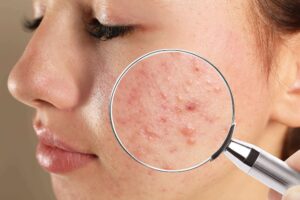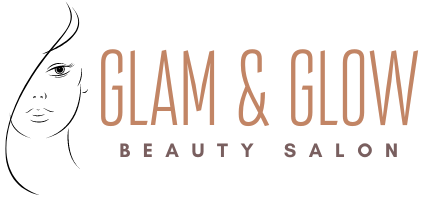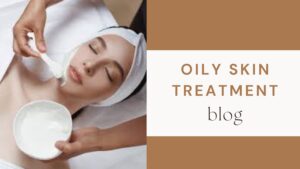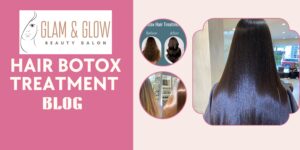ACNE CARE TREATMENT: Your Comprehensive Guide to Clear Skin

Acne is a common skin condition that affects millions of people worldwide, often leading to emotional distress and a decrease in quality of life. In this article, we will explore effective acne care treatments that can help restore your skin’s clarity and boost your confidence.
Understanding Acne: Causes and Types
Acne forms when hair follicles become clogged with oil, dead skin cells, and bacteria. Hormonal fluctuations, particularly during puberty, menstruation, or pregnancy, can exacerbate acne. Understanding the different types of acne is crucial for effective treatment:
- Comedonal Acne: This includes open (blackheads) and closed (whiteheads) comedones, which are non-inflammatory.
- Inflammatory Acne: This type consists of papules and pustules, which are red, swollen lesions often filled with pus.
- Nodular Acne: These are larger, painful lumps that develop deep within the skin.
- Cystic Acne: A severe form characterized by painful, pus-filled cysts, often requiring medical treatment.
Effective Acne Care Treatments
1. Topical Treatments
Topical treatments are often the first line of defense in managing acne. They target the skin directly and can be highly effective.
- Benzoyl Peroxide: This powerful ingredient reduces bacteria and inflammation. It’s available in various concentrations; starting with a lower concentration is advisable to assess skin tolerance.
- Salicylic Acid: An excellent exfoliant, salicylic acid helps to unclog pores and prevent new acne formation. It’s particularly effective for comedonal acne.
- Retinoids: Derived from Vitamin A, retinoids promote cell turnover and help to prevent clogged pores. They can be irritating initially but are among the most effective treatments for all acne types.
- Antibiotic Creams: For inflammatory acne, topical antibiotics such as clindamycin or erythromycin can reduce bacteria and inflammation.
2. Oral Medications
In more severe cases, oral medications may be necessary to manage acne effectively.
- Antibiotics: Oral antibiotics such as doxycycline and minocycline can help reduce inflammation and bacteria. These are typically prescribed for a limited duration to prevent antibiotic resistance.
- Hormonal Treatments: For women, hormonal treatments such as birth control pills can regulate hormones and decrease acne breakouts.
- Isotretinoin: A powerful oral retinoid, isotretinoin is prescribed for severe cystic acne. While effective, it requires careful monitoring due to potential side effects.
3. Lifestyle Changes
Incorporating specific lifestyle changes can also significantly impact your acne treatment journey.
- Diet: Research suggests a link between diet and acne. Foods high in refined sugars and dairy may trigger breakouts. Opt for a balanced diet rich in whole foods, fruits, vegetables, and healthy fats.
- Hydration: Staying hydrated is essential for maintaining skin health. Aim for at least eight glasses of water a day to keep your skin nourished and clear.
- Stress Management: High-stress levels can lead to hormonal changes that exacerbate acne. Techniques such as yoga, meditation, and regular exercise can be beneficial.
4. Skincare Routine
Establishing a consistent skincare routine can significantly help manage and prevent acne.
- Cleansing: Use a gentle, non-comedogenic cleanser twice a day to remove dirt and excess oil without stripping your skin.
- Moisturizing: Even oily skin needs hydration. Choose oil-free, non-comedogenic moisturizers to maintain skin balance.
- Sunscreen: Protecting your skin from UV damage is crucial. Opt for non-comedogenic sunscreens to avoid clogging pores.
Professional Treatments
1. Chemical Peels
Chemical peels utilize acids to exfoliate the skin, helping to remove dead skin cells and reduce acne scars. This treatment can be tailored to your skin type and acne severity.
2. Light and Laser Therapy
These therapies target acne-causing bacteria and reduce inflammation. Procedures such as blue light therapy can effectively treat active acne, while red light therapy may help with inflammation and healing.
3. Extraction Procedures
In-office extraction performed by a dermatologist can safely remove blackheads and whiteheads. This should always be done professionally to avoid scarring.
Conclusion
Finding the right acne care treatment requires a tailored approach. It’s essential to understand your skin type and the specific characteristics of your acne. Consultation with a dermatologist can help you create a comprehensive treatment plan that includes both over-the-counter and prescription options, as well as lifestyle changes. Remember that achieving clear skin takes time, patience, and consistency.
For More information, Contact us.
https://thedominatingai.com/contact-us/
You can fine some ANTI ACNE products on the link below;
https://www.amazon.ae/best-acne-products/s?k=best+acne+products




